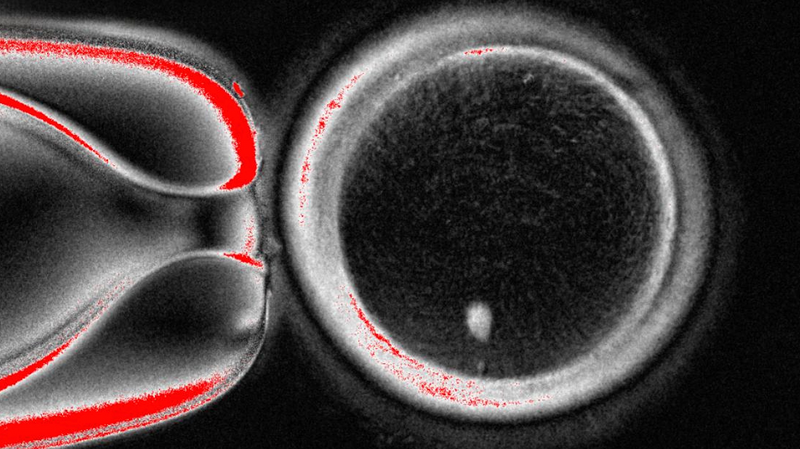In a groundbreaking development, scientists have successfully generated human eggs using skin cells, offering potential hope for individuals struggling with infertility due to age or medical conditions. Published in Nature Communications, the experimental technique involves transferring a skin cell nucleus into a donor egg stripped of its genetic material, overcoming a critical barrier in reproductive biology.
A Leap in Reproductive Science
Researchers at Oregon Health & Science University pioneered a process called mitomeiosis, which mimics natural cell division to discard excess chromosomes. This innovation addresses a key challenge: skin cells contain 46 chromosomes, while viable eggs require only 23. "We achieved something thought to be impossible," said study lead Shoukhrat Mitalipov, highlighting the creation of functional eggs through this novel third method of cell division.
Early Successes and Limitations
In lab trials, 82 modified eggs were fertilized with sperm, with 9% reaching the blastocyst stage—a milestone in embryo development. However, most showed chromosomal abnormalities, and none progressed beyond early stages. "Clinical applications remain distant," cautioned UK reproductive expert Roger Sturmey, emphasizing the need for further safety research.
Future Implications
While the technique could one day help those unable to produce viable eggs, scientists estimate at least a decade of refinement before human trials. Ying Cheong, a UK fertility specialist, called it a "transformative step" in understanding infertility and miscarriage risks, though ethical and technical hurdles persist.
Reference(s):
cgtn.com








